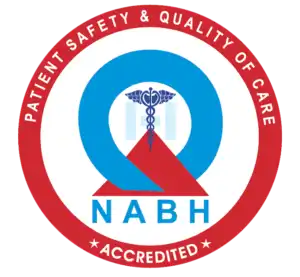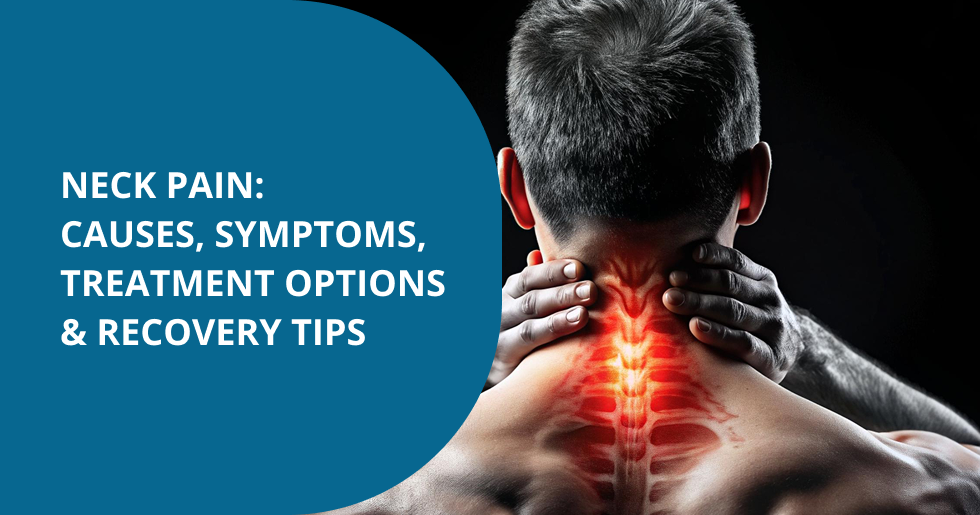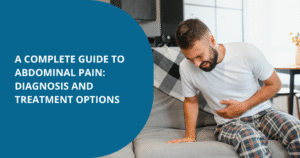Neck unease can quietly sabotage your rest, interfere with regular tasks, and gradually chip away at your mental well-being. Whether the pain comes on suddenly or builds up gradually, identifying its root and knowing how to manage it effectively is key to lasting relief.
What is neck pain?

Neck pain is the discomfort experienced in the cervical spine or adjacent soft tissues—the area beginning at the base of the skull and extending down to the shoulders. It can be acute (lasting a few days to weeks) or chronic (persisting for months).
How do you know if neck pain is becoming a problem?
Catching the warning signs early can help stop the issue from progressing and reduce the risk of long-term damage. Neck pain symptoms may vary based on the cause but commonly include:
- Localised ache or throbbing in the neck area
- Muscle tightness or stiffness
- Difficulty turning the head from side to side
- Sharp, stabbing pains with movement
- Tingling or a “pins and needles” feeling in the arms or hands
- Headaches, particularly those originating from the base of the skull
Why does neck pain occur?
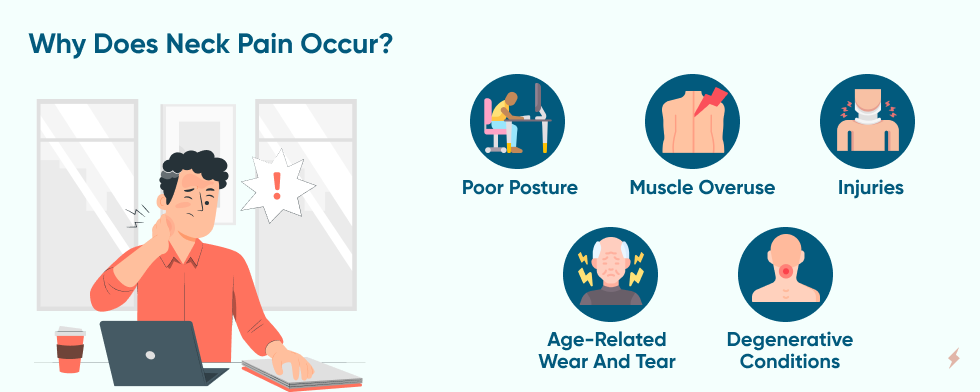
Neck discomfort often stems from multiple overlapping causes, rather than just a single factor. Some of the most common neck pain reasons include:
1. Poor posture
Looking down at devices for prolonged periods—known as “tech neck”—places strain on cervical muscles and joints. Slouched sitting or awkward sleeping positions can also contribute.
2. Muscle overuse
Repetitive motions, long hours of driving, or carrying heavy bags on one shoulder can overload the muscles.
3. Injuries
Sudden movements, falls, or vehicle accidents can result in soft tissue damage or whiplash, a condition caused by rapid back-and-forth movement of the head.
4. Age-related wear and tear
With age, the discs between the vertebrae lose hydration and elasticity, leading to conditions like cervical spondylosis or herniated discs.
5. Degenerative conditions
Conditions such as cervical spondylosis, facet joint arthropathy or spinal stenosis, can compress nerves or reduce mobility, becoming chronic sources of pain.
When should I see my doctor?

While occasional discomfort can be managed with lifestyle changes and home remedies for neck pain, you should seek medical advice if:
- The pain persists for a week without improvement
- It intensifies or spreads to the arms or shoulders
- You experience numbness, weakness, or coordination issues
- Headaches become more frequent or severe
- You have a history of trauma or injury to the neck
Early intervention at a reputable pain management hospital in Bangalore ensures accurate diagnosis and effective care before the condition worsens.
Neck pain diagnosis
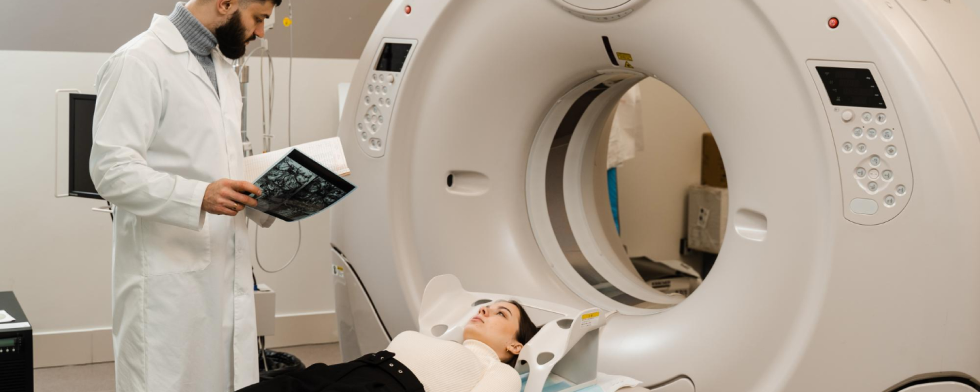
Proper diagnosis is crucial to ruling out serious causes and choosing the right neck pain treatment. During your consultation, a specialist will typically:
- Check mobility, posture, and muscle tightness to spot physical limitations or imbalances.
- Discuss daily routines, sleep positions, and old injuries; consider MRIs or CT scans for deeper concerns.
- Assess neurological function, including reflexes, strength, and sensation.
How can one effectively deal with neck pain?

The main goal is to attain normalcy and prevent recurring pain. These can typically achieved without surgery or invasive methods.
1. Conservative non-surgical therapies
These are often the first line of defence for managing neck pain symptoms:
- Neck pain exercises prescribed by physiotherapists to improve mobility and strength
- Postural correction to relieve pressure on the cervical spine
- Soft tissue mobilisation techniques such as myofascial release
- Heat or cold therapy to reduce muscle inflammation and stiffness
- Ergonomic corrections in the workplace and at home
2. Platelet-rich Plasma (PRP) therapy
Among the most promising non-surgical interventions is PRP therapy. This technique involves drawing a small sample of the patient’s blood, processing it to concentrate the healing platelets, and injecting it into the affected area. PRP:
- Stimulates the body’s natural healing process
- Enhances tissue regeneration
- Reduces inflammation without harmful side effects
3. Image-guided injections
Image-guided procedures can pinpoint pain sources and deliver precise, localised medication. These are commonly used when pain stems from specific joints or compressed nerves.
These neck pain treatment options are available at advanced facilities such as a pain management hospital in Bangalore, where care is multidisciplinary and patient-focused.
Tips to recover from neck pain quickly
- Take micro-breaks to stretch during long hours at a desk
- Avoid sudden neck movements or lifting heavy objects improperly
- Apply warm compresses or gentle massages as home remedies for neck pain
Takeaways
- Neck pain causes range from poor posture to age-related degeneration
- Recognising symptoms early leads to quicker relief
- Many cases respond well to non-surgical approaches and advanced options like PRP procedures
- Individualised care at a reputed pain management hospital in Bangalore offers the best outcomes
- A mix of professional therapy and home remedies for neck pain ensures faster recovery
Are you struggling with persistent neck discomfort? Visit the expert team at Epione Pain and Spine Centre, Bengaluru, to explore world-class care rooted in science, compassion, and non-invasive innovation.
